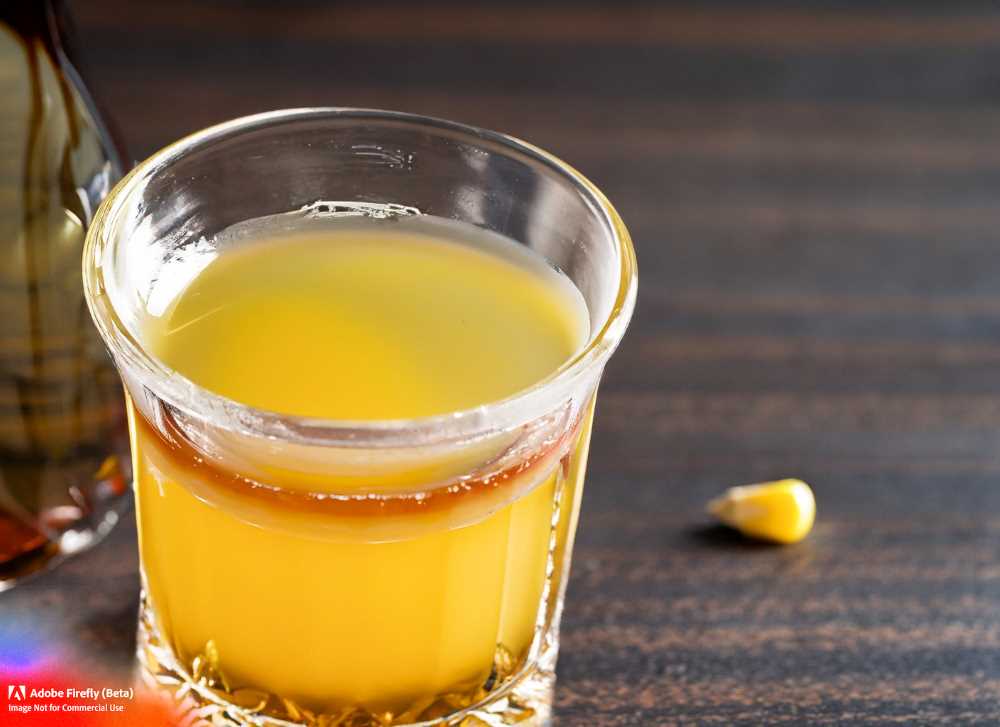Abatí is the Unique Liquor You Won't Regret Trying
Abatí is a traditional South American corn liquor with a rich history and cultural significance. Produced through a labor-intensive process, it has a unique flavor profile and is often paired with traditional South American foods.





